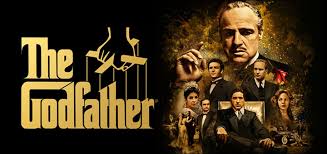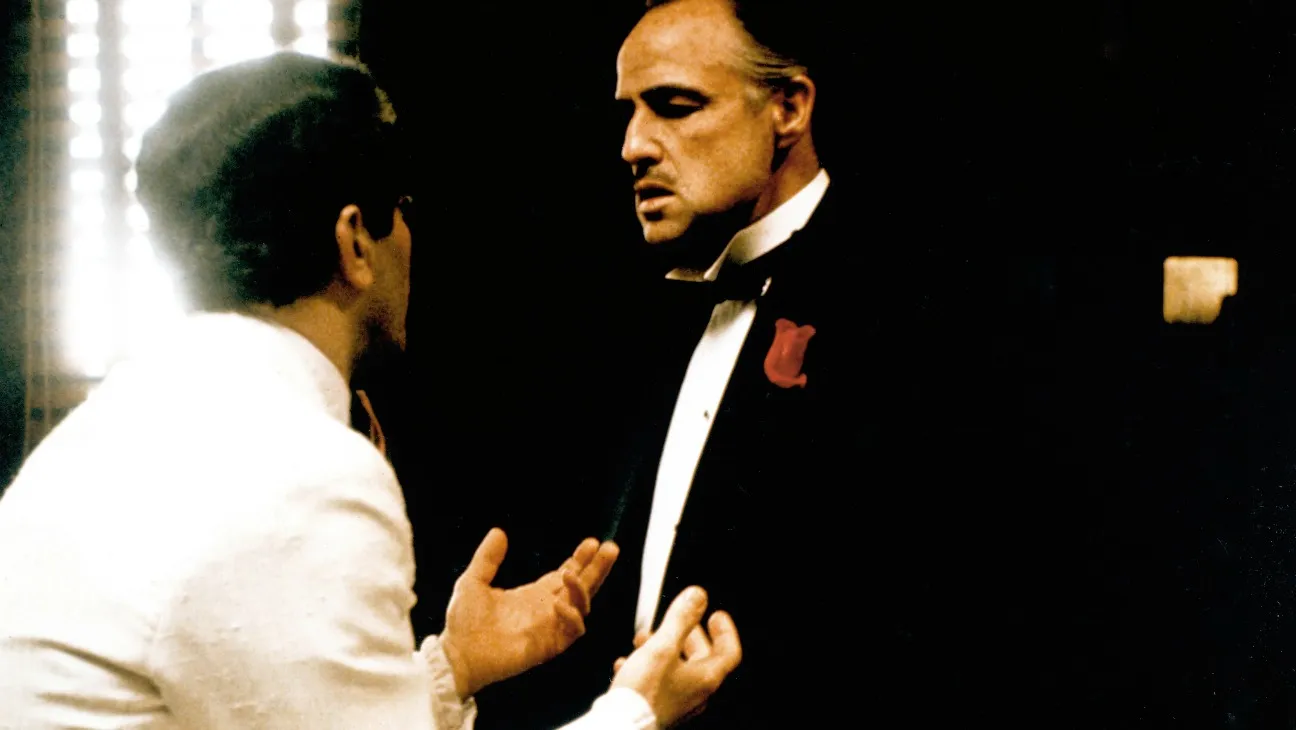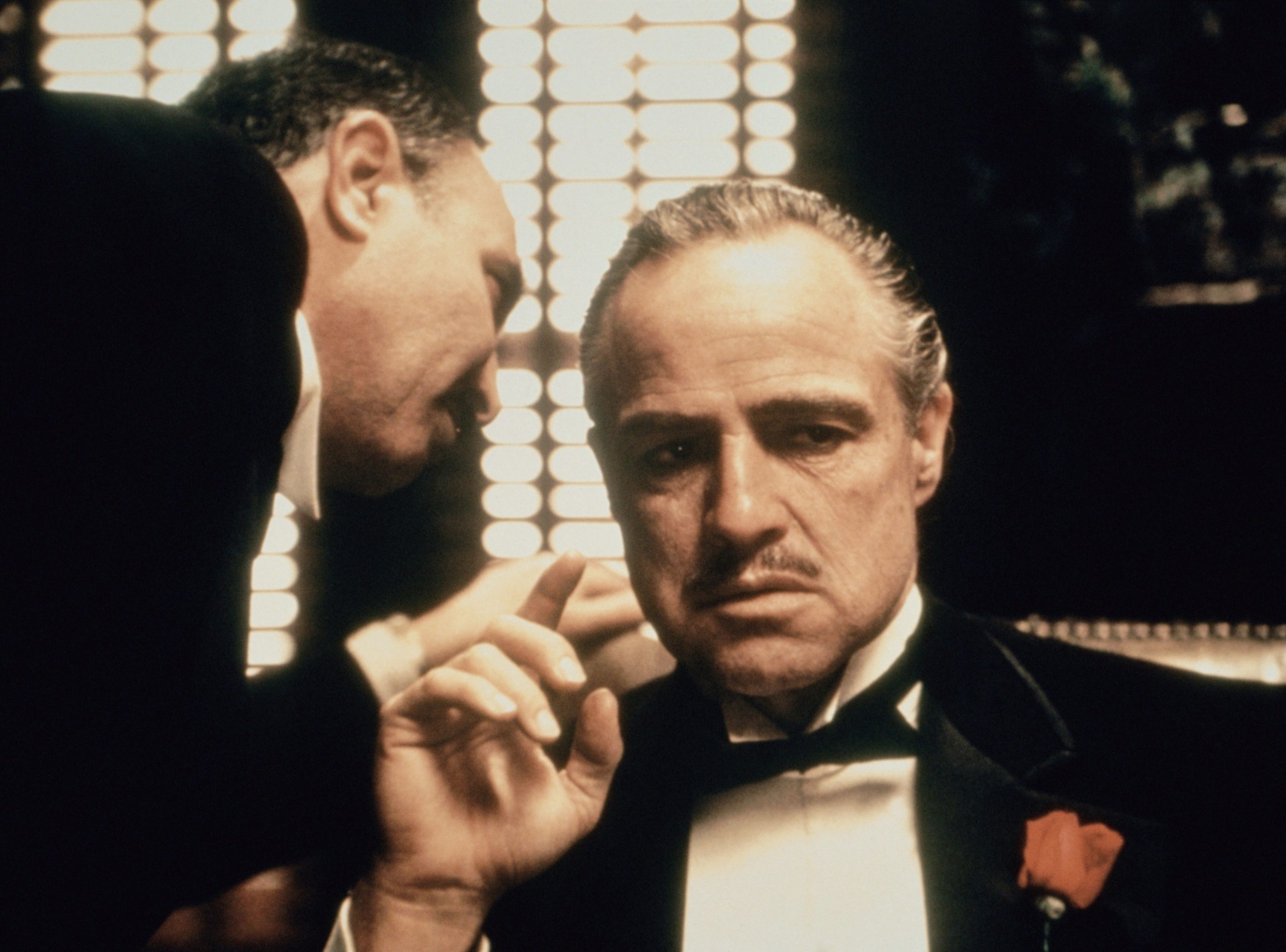The Godfather 1972

Over half a century since its 1972 debut, Francis Ford Coppola’s The Godfather remains an unshakable titan of cinema. More than a crime film, it’s a dark epic, a modern Shakespearean tragedy, and a must-see to grasp the pinnacle of storytelling artistry. Why does a tale of the underworld endure so fiercely? It’s not just about vendettas or illicit deals—violence is merely the backdrop. At its core, The Godfather is a profound exploration of family, power, loyalty, and corruption.

The story follows the Corleone dynasty, a formidable New York mafia empire led by the revered yet fearsome Don Vito Corleone (Marlon Brando). But the heart beats with Michael Corleone (Al Pacino), the reluctant war-hero son who yearns to escape the family’s shadow. Tragedy pulls him into the abyss, forcing him to protect those he loves, only to transform into a colder, more ruthless figure than his father. Michael’s arc—from idealistic dreamer to isolated, hardened kingpin—is one of cinema’s most tragic and masterful. The final scene, as a door shuts between him and his wife Kay, seals his soul’s exile. He gains the world but loses himself.

The Godfather isn’t just a film to watch—it’s an experience to ponder, probing the cost of power, the fragile line between good and evil, and the complexity of “family.” It’s not only the greatest mafia movie but one of the finest ever made.
Related Movies:











